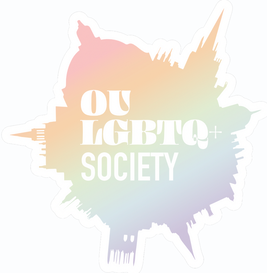How can I support my intersex friends, family, and significant others?
Here are some tips on how you can look out for, respect, and include intersex people in your day-to-day life, and become a better ally to people with intersex traits:
Here are some tips on how you can look out for, respect, and include intersex people in your day-to-day life, and become a better ally to people with intersex traits:
- If someone tells you that they’re intersex, educate yourself about the specific intersex condition the person has - there are more than 40 different ways people can be intersex, and their experience may be very different to another intersex person’s!
- Be aware of your own attitude towards of sex, gender and sexuality, and recognise the differences between these aspects of people’s identities.
- Avoid binary language like ‘male or female’, ‘both sexes’, and ‘the opposite sex’, and try use language which is more inclusive of intersex people.
- Talk about what intersex is, engage with and share content by intersex people.
- Work to ensure that people with intersex traits are not teased, harassed or subjected to discrimination because of their identity. Don’t contribute to stigmatising and marginalising intersex people, and speak up against those who do.
- Get support, if necessary, to help deal with your feelings. Intersex people and their families, friends and partners often benefit from talking with mental health professionals about their feelings concerning intersex conditions and their implications.
- Consider attending support groups, which are available in some areas for intersex persons and their families, friends and partners.
- Honour the two days of the year set aside for intersex awareness.
- Include the ‘i’ in LGBTQIAP+ and recognise that intersex people deserve a place within the LGBTQIAP+ community!

